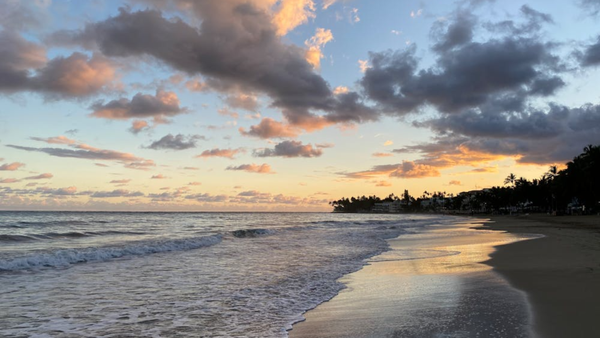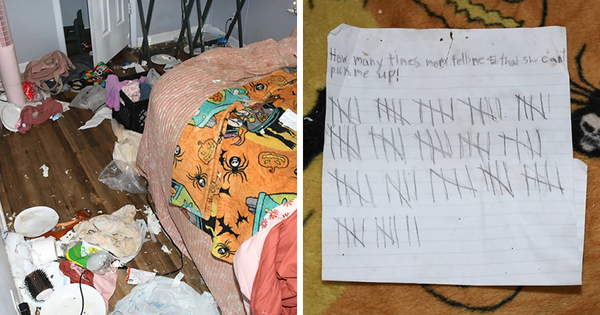
The days of easily buying marijuana on the streets of Bangkok or Phuket may soon be over.
Four years after the Bhumjaithai Party won almost four million votes on a vow to decriminalise cannabis — then carrying it out as the third-biggest bloc in a military-backed government — the tide has turned: most of the parties contesting Sunday’s national election are calling for the measure to be repealed and restrict the use of cannabis to medical purposes.
“I don’t want my children to grow up in a country where drugs are easy to find and cannabis is liberalised,” said Paetongtarn Shinawatra, a front-runner to be prime minister for the opposition Pheu Thai Party, at a recent rally. “We need to suppress drugs.”
Since decriminalisation took effect about a year ago, cannabis has become a hot-button issue dividing political parties as well as the country’s 52.3 million voters. Those opposed to the policy often cite growing concerns over the negative societal impact of the drug.
But there has been frustration as well at the legal vacuum that emerged when the plant was decriminalised, effectively unleashing a new industry before lawmakers could pass a bill to regulate it. Months later, legislation to restrict broader use of the drug got bogged down in parliament as some lawmakers said it did not go far enough to rein in recreational use. Not long afterwards, the lower House was dissolved to make way for the upcoming election.
With little regulation, the cannabis industry took off. From more than a million farmers growing the plant to the estimated 4,500 dispensaries that distribute it in every province of the country, the cannabis industry was expected to be worth US$1 billion by 2025, according to the University of the Thai Chamber of Commerce (UTCC).
Now everyone involved in that supply chain is waiting to see how the weekend vote turns out.
Among them is 60-year-old Olarn Youkanchanaset, who says he poured more than one million baht into establishing two greenhouses and an indoor growing facility in the backyard of his house in the northeastern province of Buri Ram, the “weed capital” of Thailand and a stronghold of Bhumjaithai.

“It’s like I’m left adrift in the ocean,” Mr Olarn said in an interview, surrounded by rows of grow lights blasting down on dozens of blossoming plants. Inside his house, cannabis buds were hung out to dry in a spare bedroom that he had converted into a drying and inventory room. “Any party that can push for cannabis regulation, I will support.”
Mr Olarn’s sentiment is shared by many growers, especially in Buriram, where posters bearing the face of Bhumjaithai’s leader, Anutin Charnvirakul, line the streets, promising an array of policies to lift people’s livelihoods if he is elected to power.
And while surveys show other parties with a bigger lead, Mr Anutin knows that the election could cast him into a king-making role for the next prime minister again, as it did in 2019 when he threw his support behind current Prime Minister Prayut Chan-o-cha, the former junta chief. In an interview, Mr Anutin said support for the cannabis regulation bill that foundered in the last parliament is critical for winning the Bhumjaithai Party’s backing.
“Bhumjaithai is the only party that will ensure the cannabis policy continues onward with a law to support it,” he said.
But among those threatening to unravel the policy altogether is Pheu Thai, the party projected in all pre-election polls to sweep the most seats in the new 500-member House of Representatives.
Re-listing cannabis as a narcotic, though maintaining its medical use, will guard against recreational use that’s corrupting Thai youth, Pheu Thai said. Even the progressive Move Forward Party that has advocated for liberalisation in most other areas is seeking to do the same, saying it’s necessary to go back to square one before gradually allowing wider cannabis use again.
Away from the politicking and debates in Bangkok, farmers fear losing a significant source of income so soon after getting it. For years, 14 million farmers — who make up the country’s single-largest group of voters — faced volatile export prices of key agricultural commodities from rice to rubber, as well as natural disasters including drought and floods. In just a year, they’ve come to see cannabis as a more resilient lifeline that contributes to higher income and a better livelihood.
In one rai, or 0.4 acres, farmers can earn about 500,000 baht for a harvest of cannabis buds, compared to about 8,000 baht for rice grown using the same space, according to Siwasan Khobjaiklang, a 41-year-old leader of a network called Sanom that comprises seven farms owned by Buri Ram’s young farmers.

Mr Siwasan says his dream is for Thailand to have a cannabis law regulating the production and sales of marijuana, allowing farmers to link up with domestic businesses more conveniently and even export the products.
For the group, what’s at stakes here can make their election choices very simple and all the more important.
“Cannabis is being held as a political hostage,” Mr Siwasan said in an interview at his farm, where cannabis plants towered over vegetable plots. “It’s only made it halfway to the dream, which is difficult to achieve without legal clarity.”
It’s not clear how they’ll react if Thailand’s policy, which also allows limited use of cannabis in food and cosmetics, gets scaled back.
The Bhumjaithai Party “did what was promised” when it got cannabis decriminalised, said Kajkanit Sakdisubha, the founder of Taratera, which buys the plant from local growers to sell in its five dispensaries in Bangkok and Chiang Mai. “If it gets reversed, I believe we’ll see a lot of people on the streets wondering if they need to close down shops and farms because a different party is in power and has a different opinion.”







